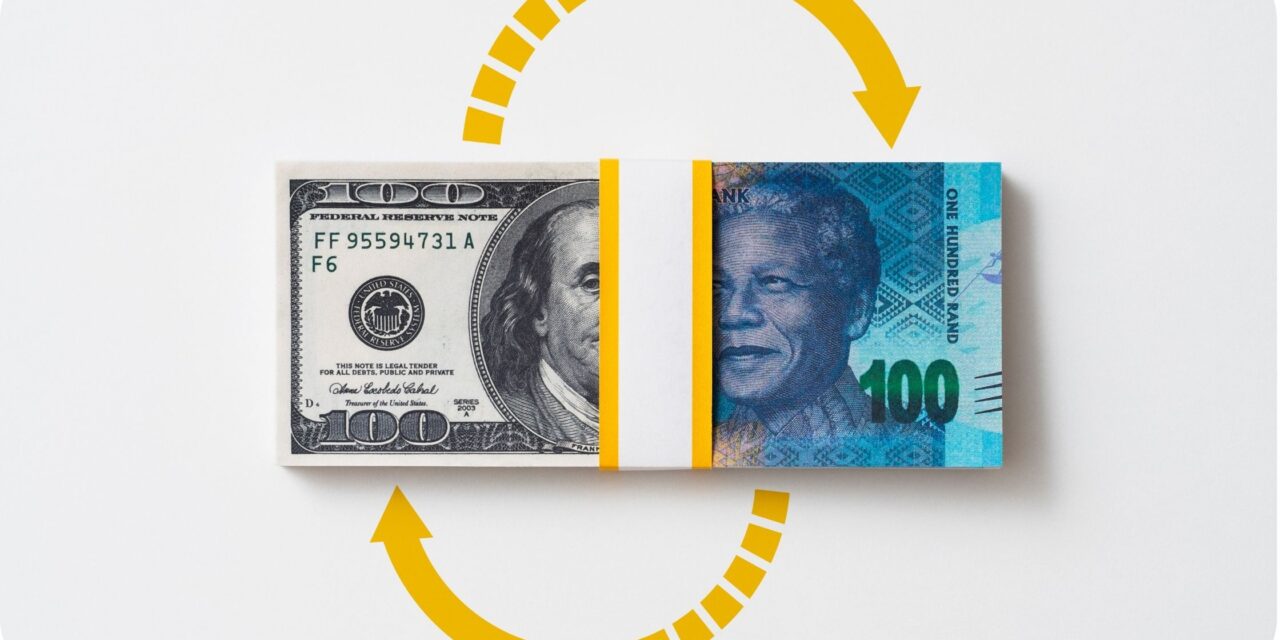It’s one thing to present problems and identify shortcomings, but one also needs to propose solutions if we hope to grow and move forward together. The previous piece may have suggested that nationalization of certain assets is not in the best interests of our country.
While that is partially true, it is not to say that nationalization could never work in South Africa. In fact, the article was intended to highlight the dangers of poor implementation of such a plan.
Now let’s look at what it would take to make this a successful endeavour and whether the positives outweigh the negatives. To do this we must first define what would constitute nationalization. This would essentially be the government becoming the majority/sole shareholder of the central bank and the removal of all private shareholders.
For more trading tools, real time data and technical analysis visit us https://lotusacademy.africa/
What would change under nationalization?
In terms of governance, very little. Currently, the governor is appointed by the President of the republic. Most SOEs have their boards appointed by the Minister of Public Enterprises. And we all know how well that’s been going.
In terms of mandate, nothing. The mandate of the central bank is outlined in the constitution of South Africa. This would mean that a change to the mandate would require a change to the constitution not to the ownership of the entity.
In terms of private influence, zilch. Private shareholders have absolutely no say in the operational running of the central bank. In fact, the only benefits to being a private shareholder is the limited dividend earned that can never exceed R2 000 and the voting rights to appoint the 7 non-executive members of the central bank’s board (who are also not involved in the daily operations of the bank).
In terms of ownership, everything.
Though the government would become the owner of the bank, this wouldn’t come without complexity.
And the most complex of the issues would be agreeing a fair price to pay to acquire the shares from the current shareholders.
Contrary to popular belief, the government would not simply take back the shares at no cost, there would be a sale of shares like any other entity.
Non-negotiables needed for success
The level of undue influence seen in SOEs at the moment would be the first thing that would need to go. Ministers appointing candidates at their own time and refusing to account on the state of entities to parliament would not be the kind of shareholder that would inspire confidence.
The next would be the notion that printing money would solve the problems. This would be the quickest way to reduce the country to zero.
What many fail to understand is that currency protection is more than just ensuring an acceptable trading rate, it underpins everything in the country. Salaries, housing and car prices, food prices, everything you transact on would require you to have more money in a devalued economy.
And employers would not be obligated to pay you more simply because the country elected to print more money.
Learn more about Financial Markets and learn to trade through an extensive accredited course right here https://lotusacademy.africa/product/skills-certificate-in-financial-markets/
Advantages nationalization would bring
Strategically, very few. Looking at the Bank of England as an example, the bank is nationalized, however it continues to operate independently.
Yes, inflation targeting may be softened, which could be a good thing for a sluggish and stagnant economy. But at what point would softening end and hyperinflation begin? Could we survive with the cost of bread increasing by 130% each year while unemployment remains so high?
Economically, the responsibility of fostering growth has, and always will, lie with the government. Creating an environment conducive to business was never part of the central bank’s mandate, and shifting it to become part of it could be seen as a farce if the bank is ultimately still owned by the same government.
There is the option of expanding the mandate. However, if growth were part of an expanded mandate, how would the central bank be expected to finance and implement it? Through bailouts? And which objectives would then take priority in the event of a conflict?
So, should we nationalise? It seems the more relevant question may be whether we are capable of achieving true nationalisation with the political leadership that exists within the country.
Is there a leadership disciplined and brave enough to put the needs of the people above the self-interest and enrichment of a few?





